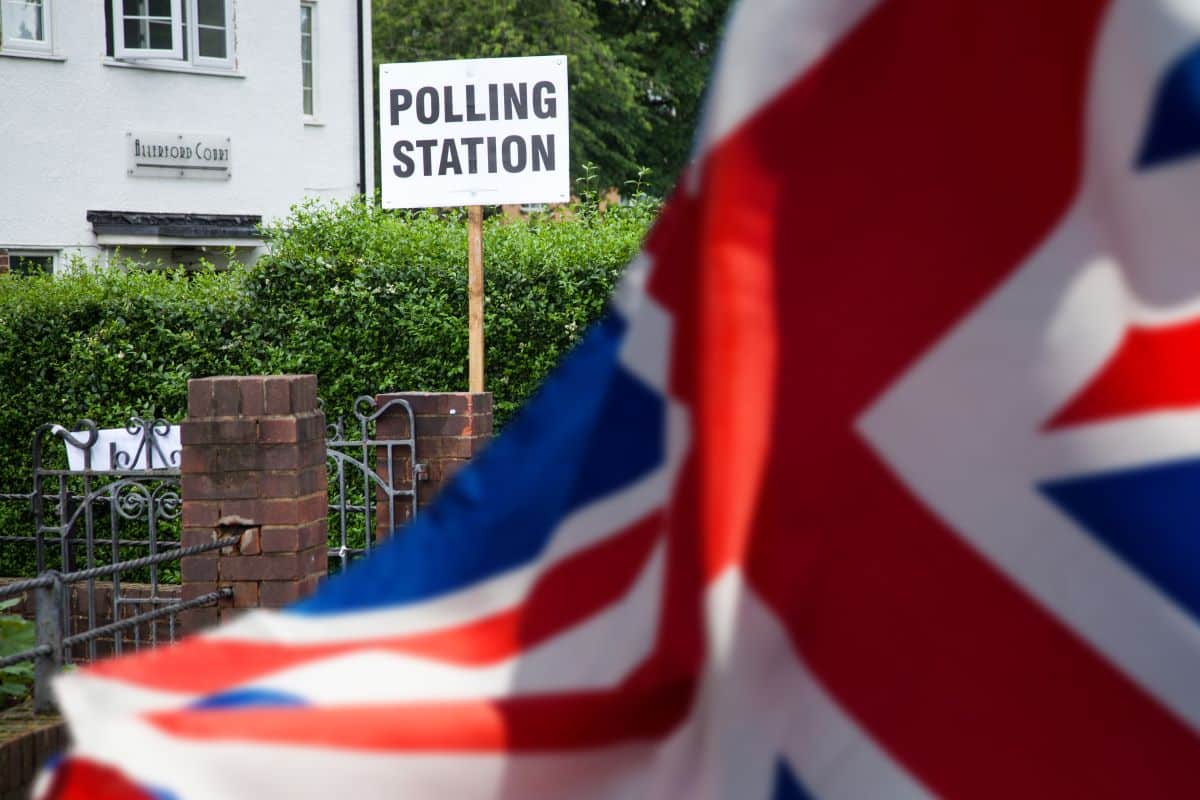Inflation has finally fallen to the Bank of England’s target, though it is still too early to tell what that might mean for the election and household budgets. Here’s the full story.
Inflation Hits Target
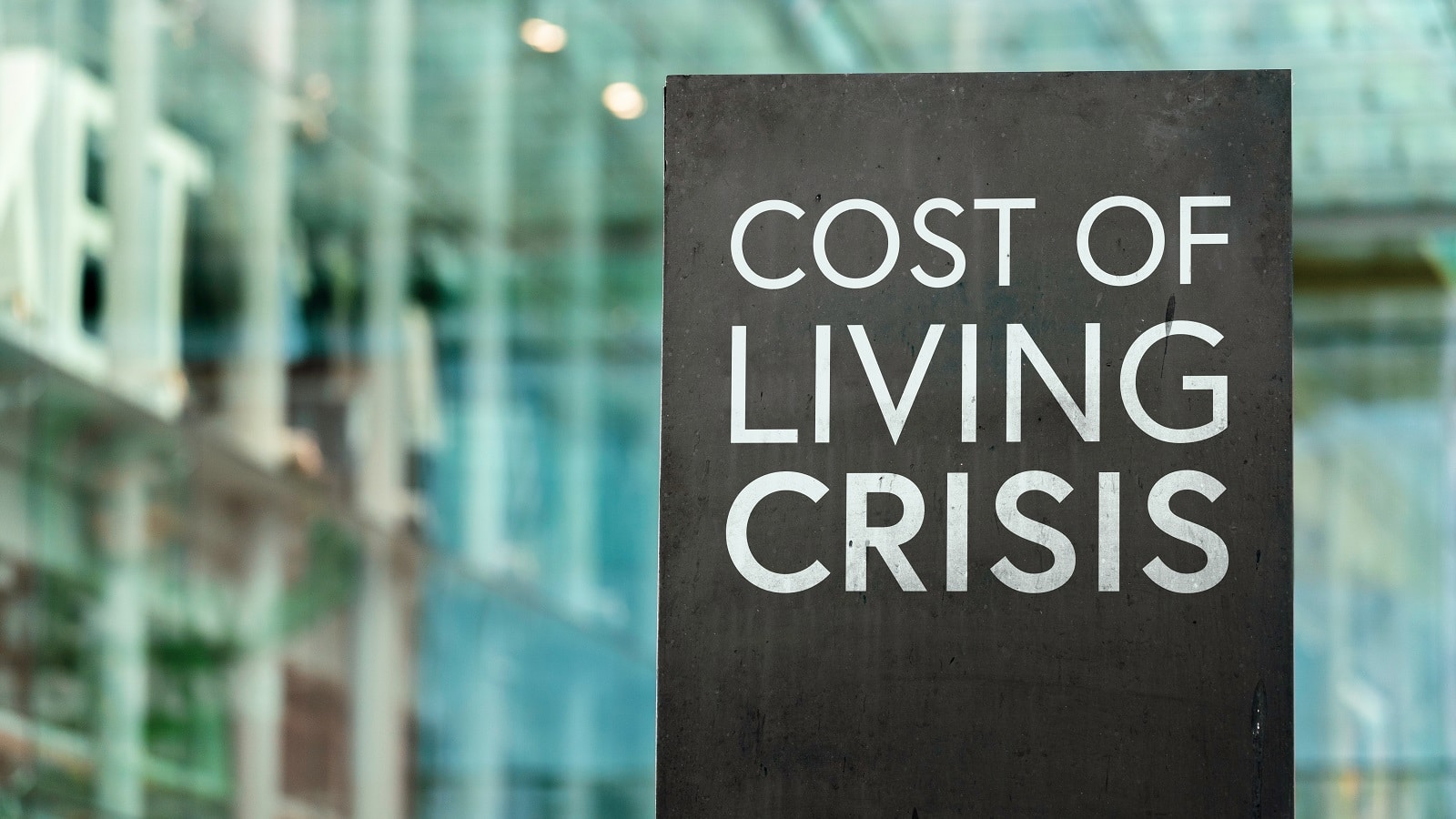
Following three years in which the cost of living crisis bit hard and refused to let go, the UK has finally seen inflation fall to the Bank of England’s target of 2% for the first time in over two years.
Conservatives Claim Victory

The annual inflation rate dropped from 2.3% in April to the government’s target of 2% in May, allowing the increasingly desperate Conservatives to claim that at least one of their economic targets has been met.
Food Prices Drop
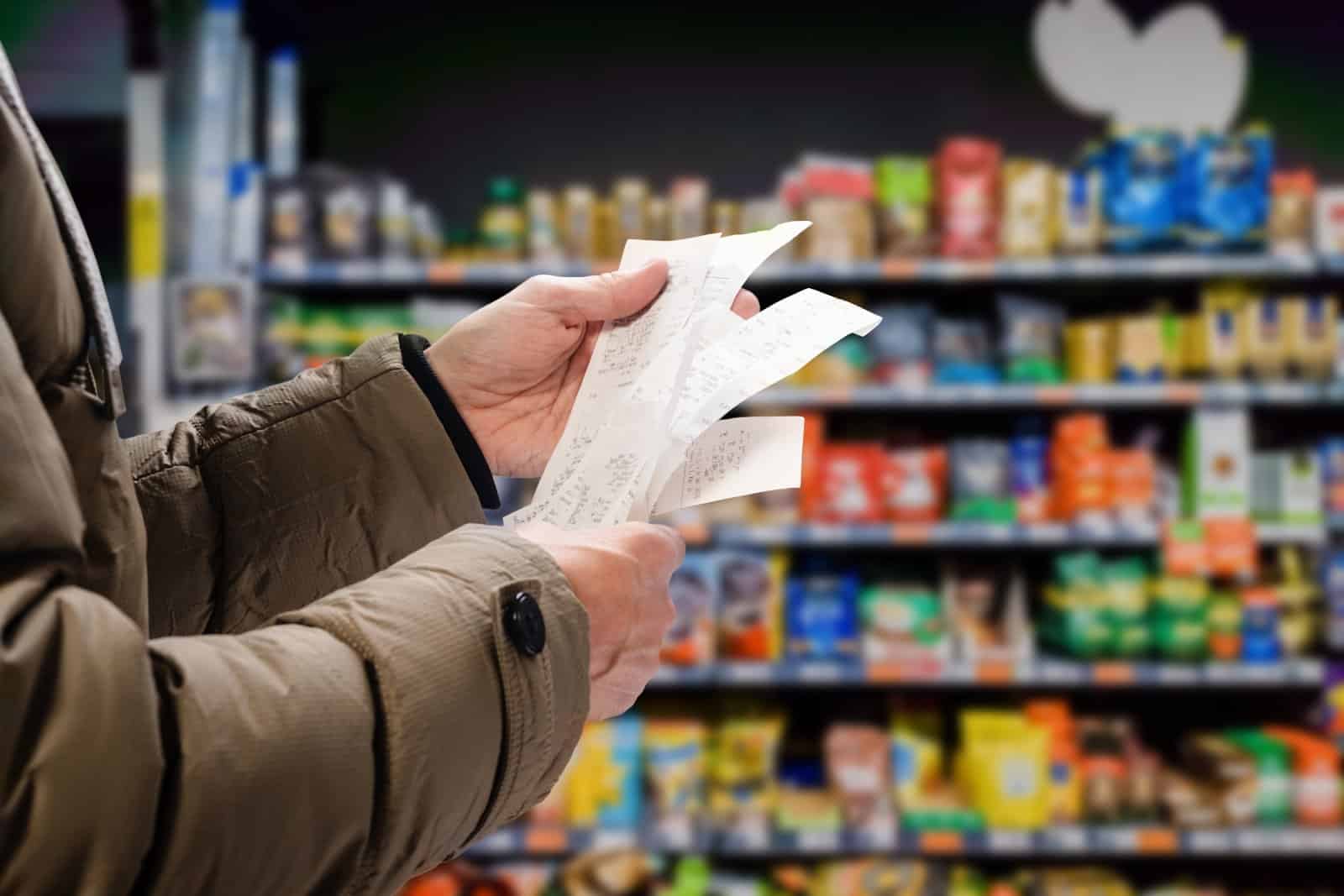
This decline in inflation is primarily attributed to a reduction in food and soft drink prices and slower increases in costs for recreation, culture, furniture, and household goods.
Rising Petrol Prices
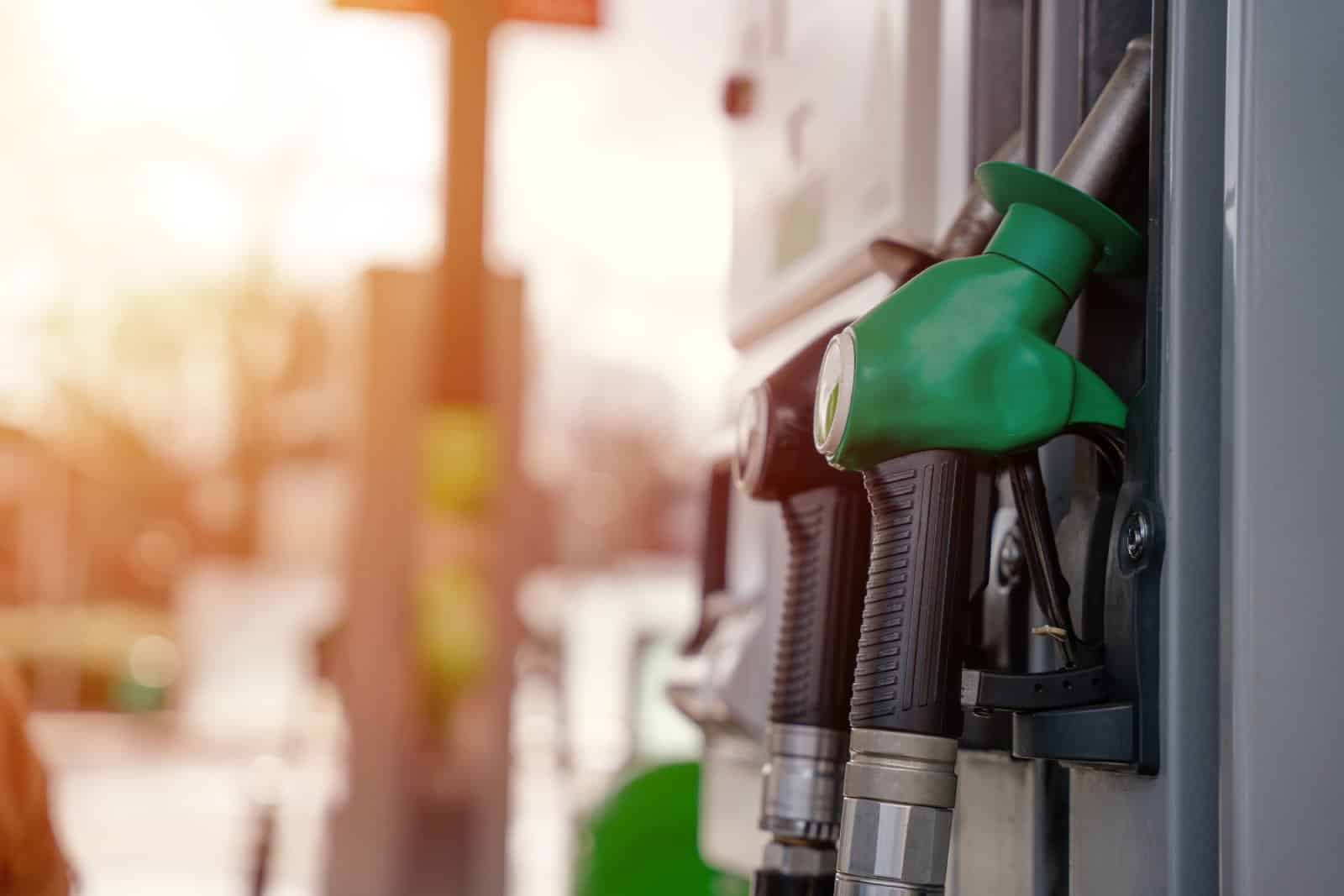
However, the news is not all good, as petrol prices are again on the rise, and food costs remain 25% higher than at the start of 2022.
Election Amplifies Discourse
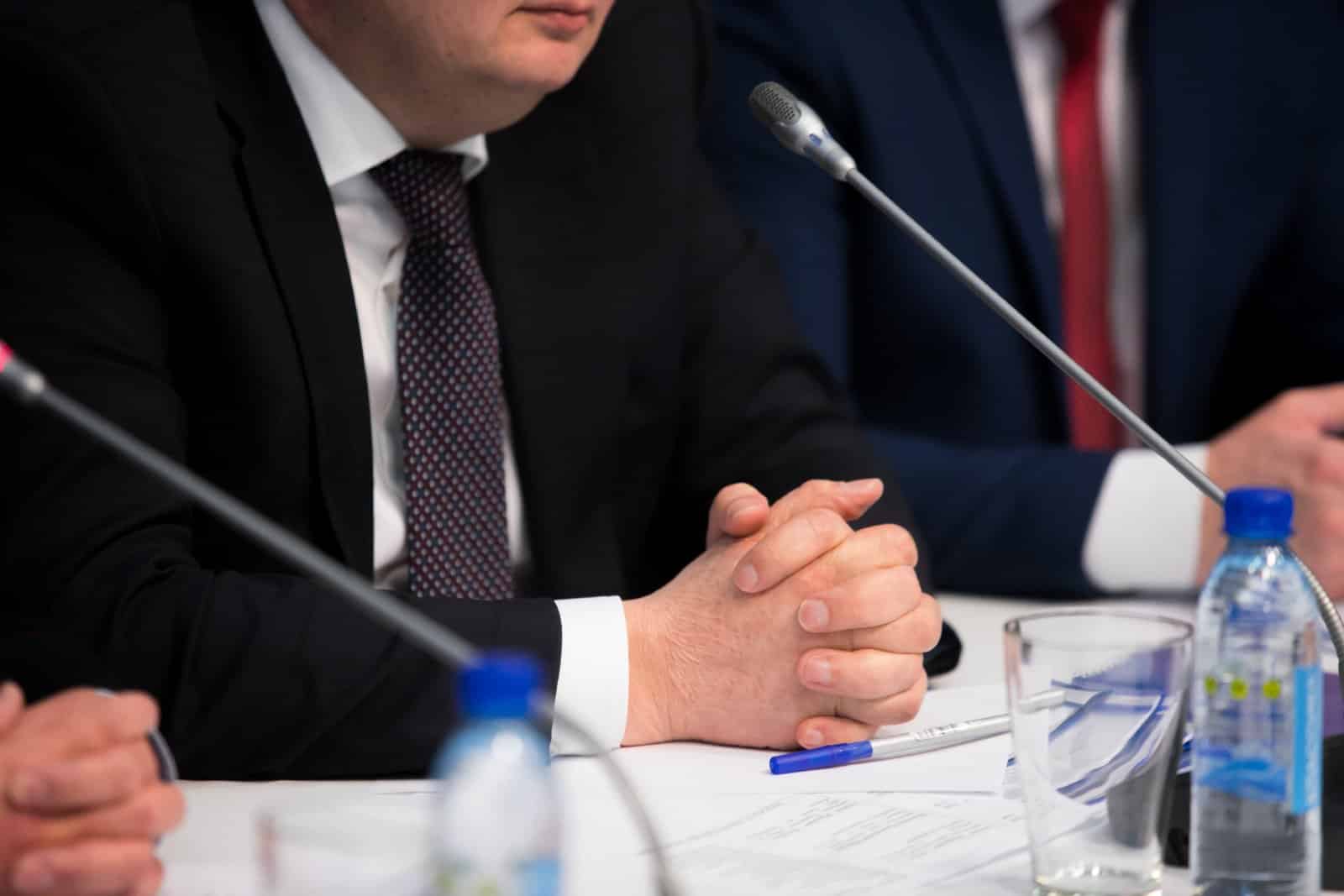
The upcoming election has amplified the political discourse around inflation and the economy, with Conservatives and Labour claiming that their plans would be best for the economy.
Conservatives Credit “Difficult Decisions”

The Conservative Party has taken the opportunity to claim the reduction in inflation is down to their “difficult decisions,” with Chancellor Jeremy Hunt claiming the inflation is lower than “nearly all” comparable economies.
Labour Criticises Government

He added, “That would not have happened under Labour that refused to condemn the public sector pay strikes, that would have meant inflationary pay rises, inflation lasting longer.”
Crisis Still Bites Hard
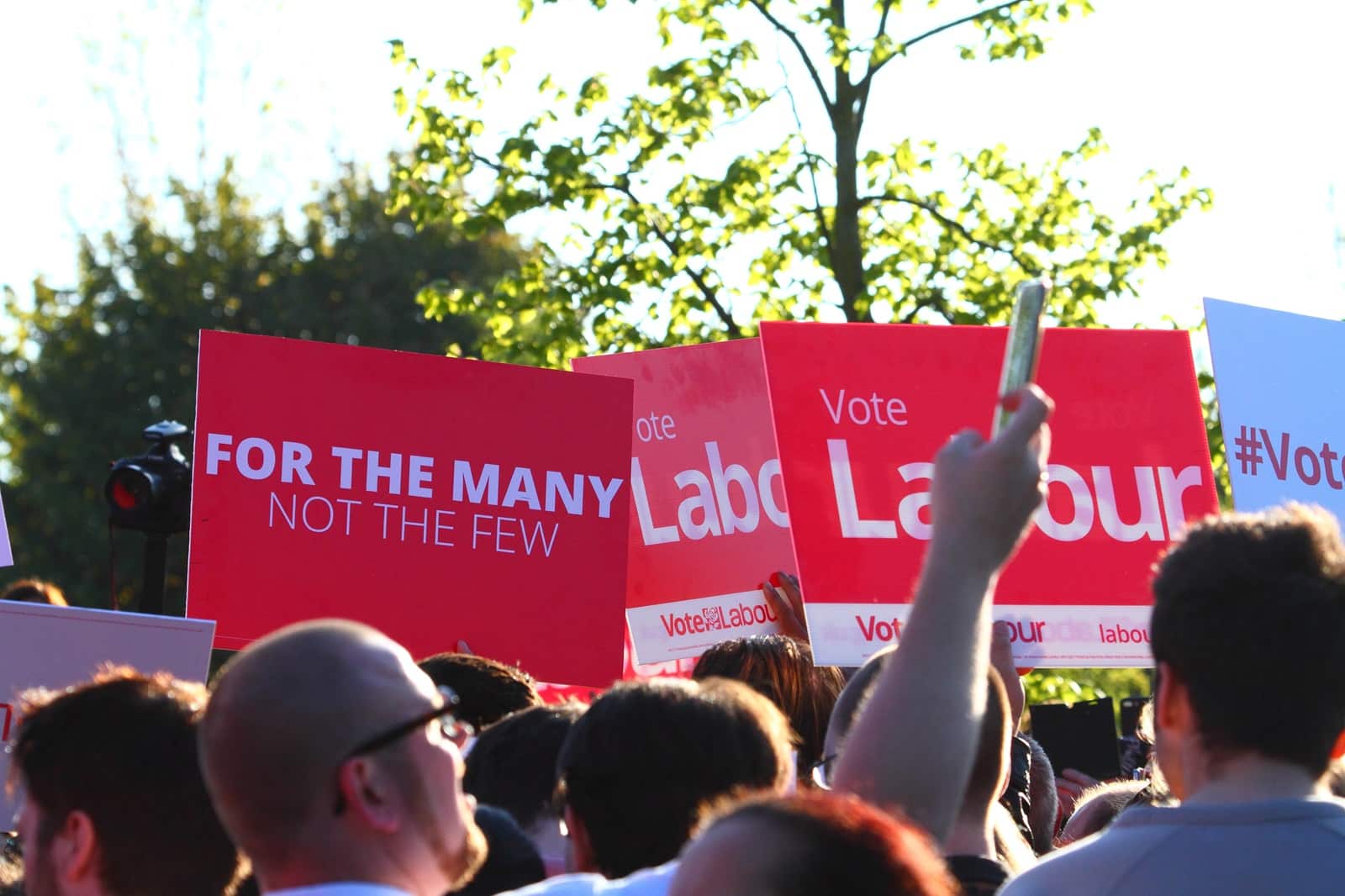
However, the Labour Party has quickly pointed out that, though inflation may be down, the cost of living crisis is still biting down hard on households.
Reeves: “Inflation Falling”
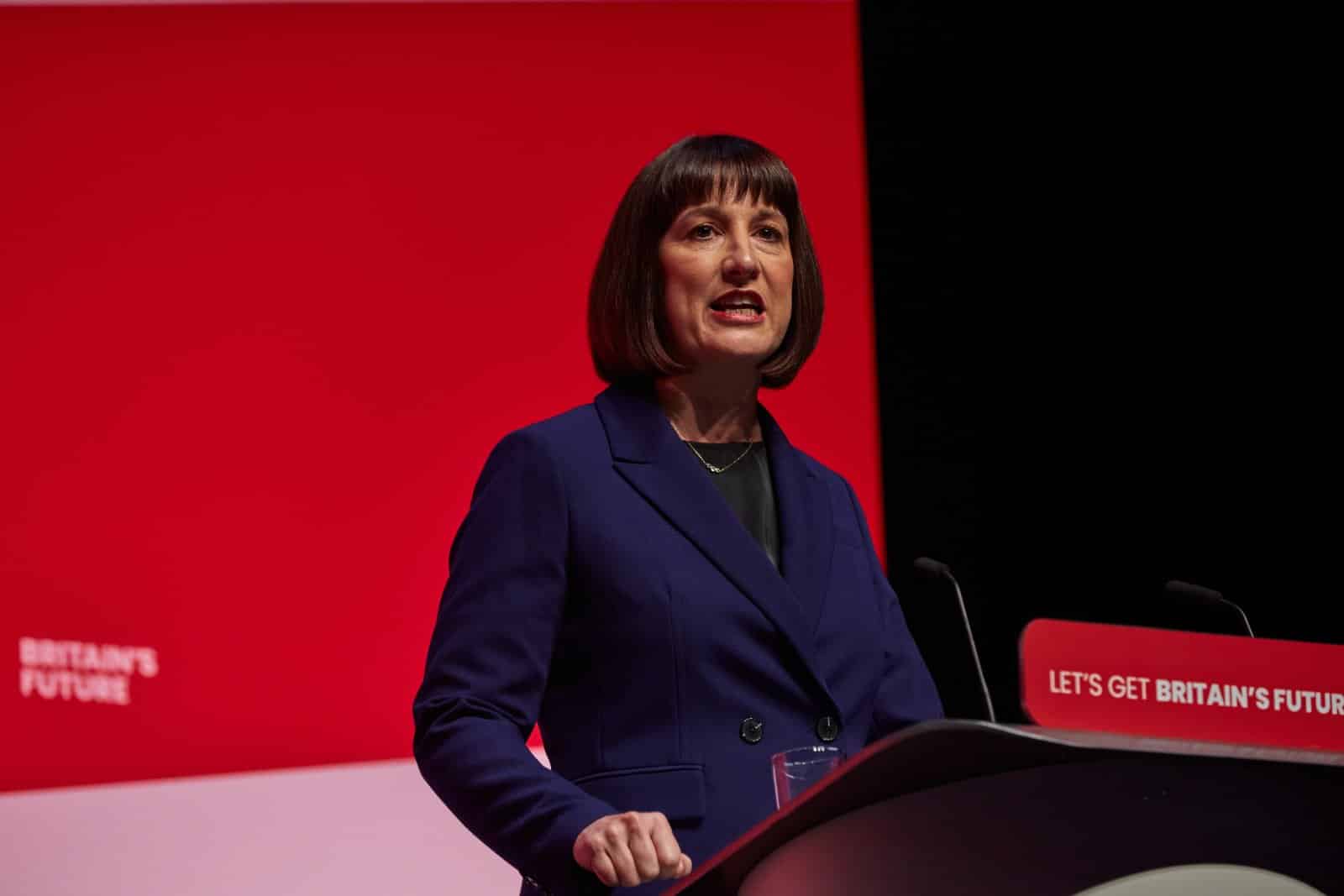
Shadow Chancellor Rachel Reeves noted that falling inflation does not equate to falling prices, stating, “Unlike Conservative ministers, I’m not going to tell people that everything’s fine. I know that the cost of living crisis is still acute, that even though inflation is falling, it doesn’t mean the prices are coming down, they’re just rising at a less fast rate.”
Lib Dems Echo Concerns
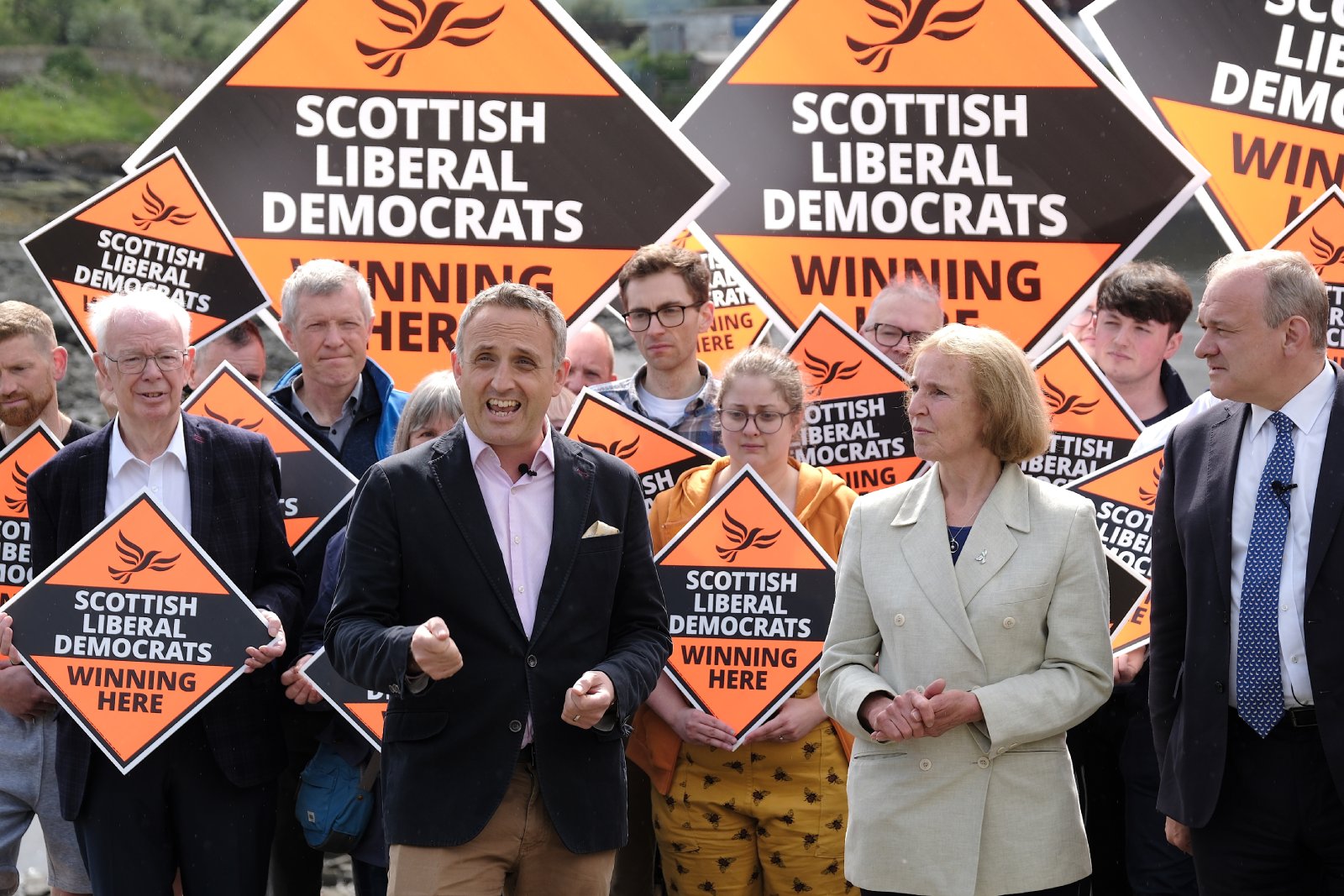
The Liberal Democrats have echoed this sentiment, with the party’s Treasury spokeswoman, Sarah Olney, stating, “Rishi Sunak’s boasts will ring hollow to countless families seeing their mortgages skyrocket and agonising rises in shopping prices compared to just a few years ago.”
Interest Rate Debate
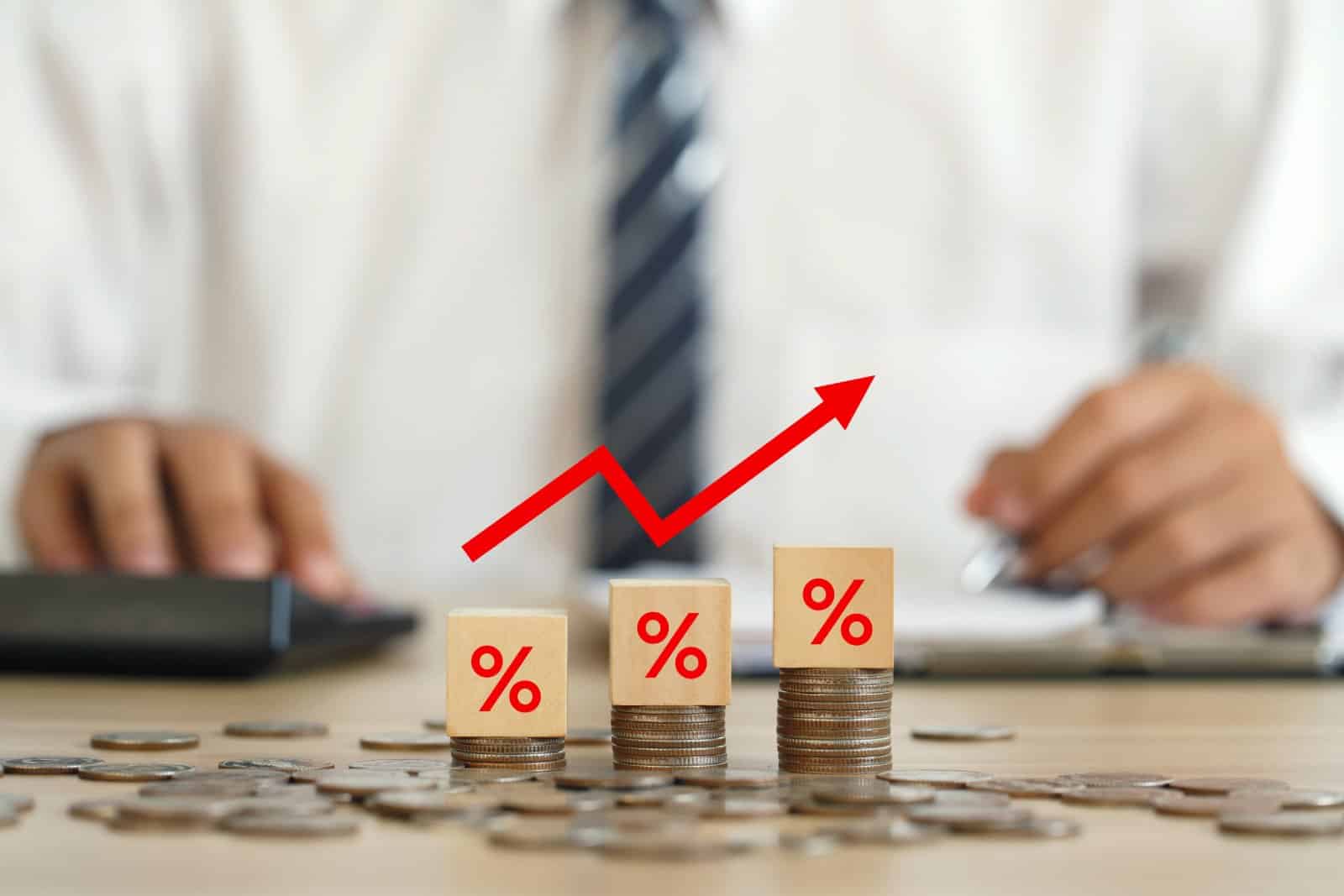
As the Bank of England’s Monetary Policy Committee met to decide on the next steps for interest rates, the question of whether to cut rates has been hotly debated.
No Rate Cuts Yet
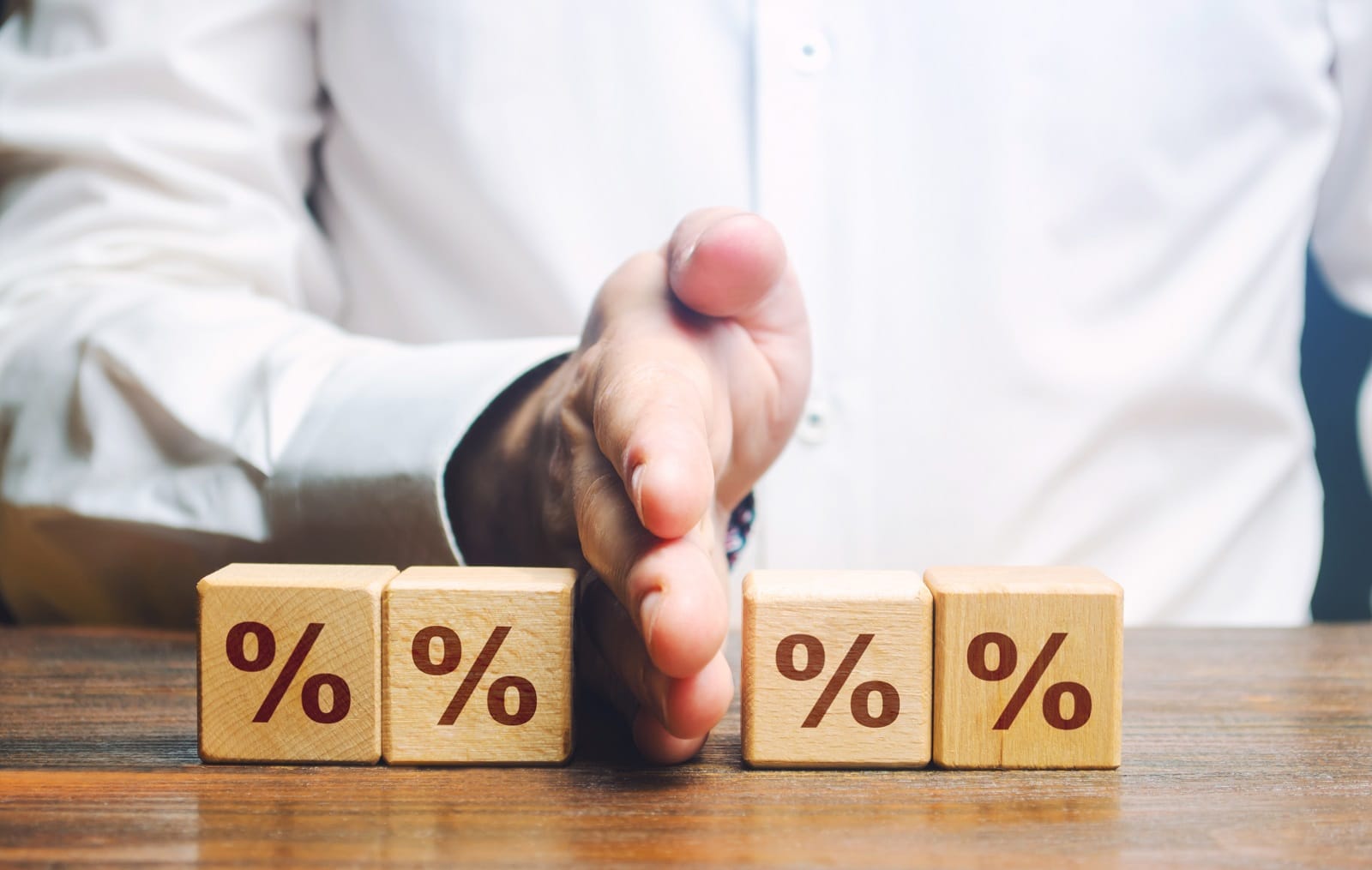
Despite the normalisation of the Consumer Prices Index (CPI) rate, the Bank is not expected to cut the current 5.25% rate until at least August.
“Sticky” Inflation Persists
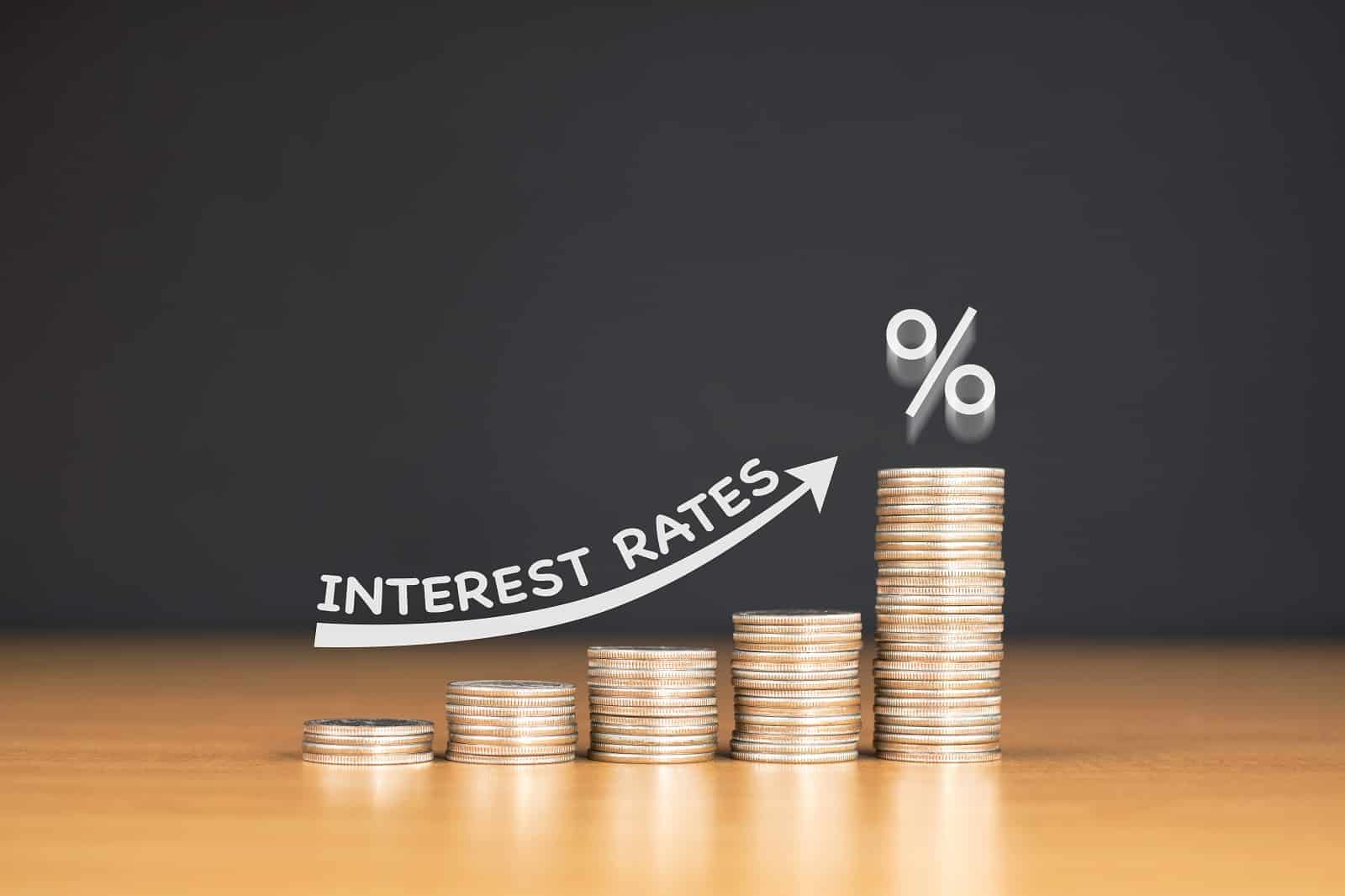
This reluctance is due to persistent “sticky” inflation in the services sector, which remains at 5.7%. While the falling inflation rate brings some relief, the financial situation for many households is still dire.
Prices Still High

Actual prices for essential goods like food, energy, clothing, and rents are still significantly higher than three years ago, and rents and mortgage payments have all increased.
Decline in Incomes
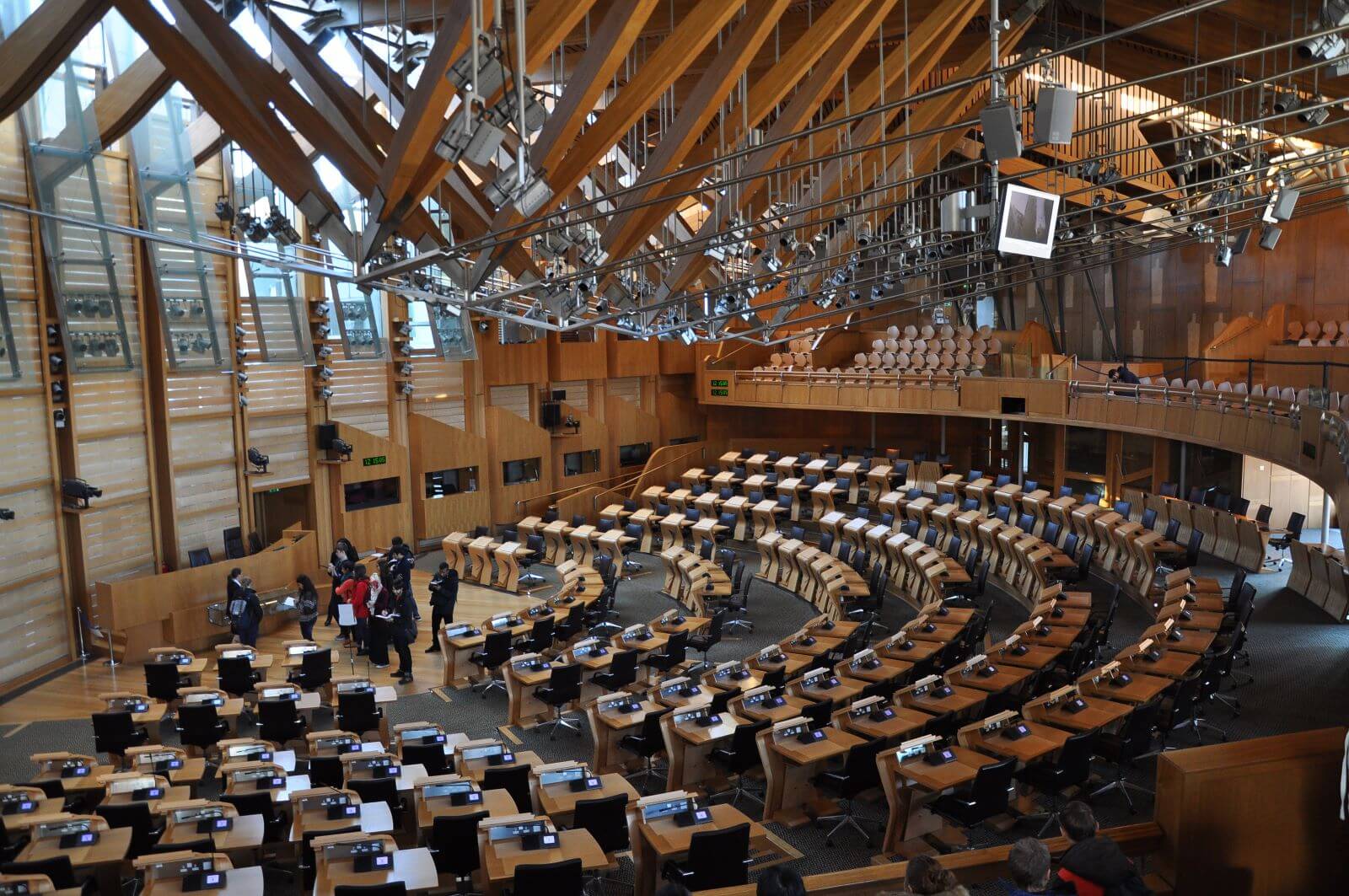
This has contributed to a decline in real household incomes, leading to the unenviable situation where British households are poorer at the end of this Parliament compared to the start of 2019, with a corresponding increase in inequality, which has taken a toll on citizens’ health and well-being.
Bank of England Cautious

Though the decline in inflation is a welcome sign for the economy, the Bank of England remains cautious about declaring victory in the battle against inflation, suggesting that the UK may not be out of the woods yet.
Recovery Remains Slow
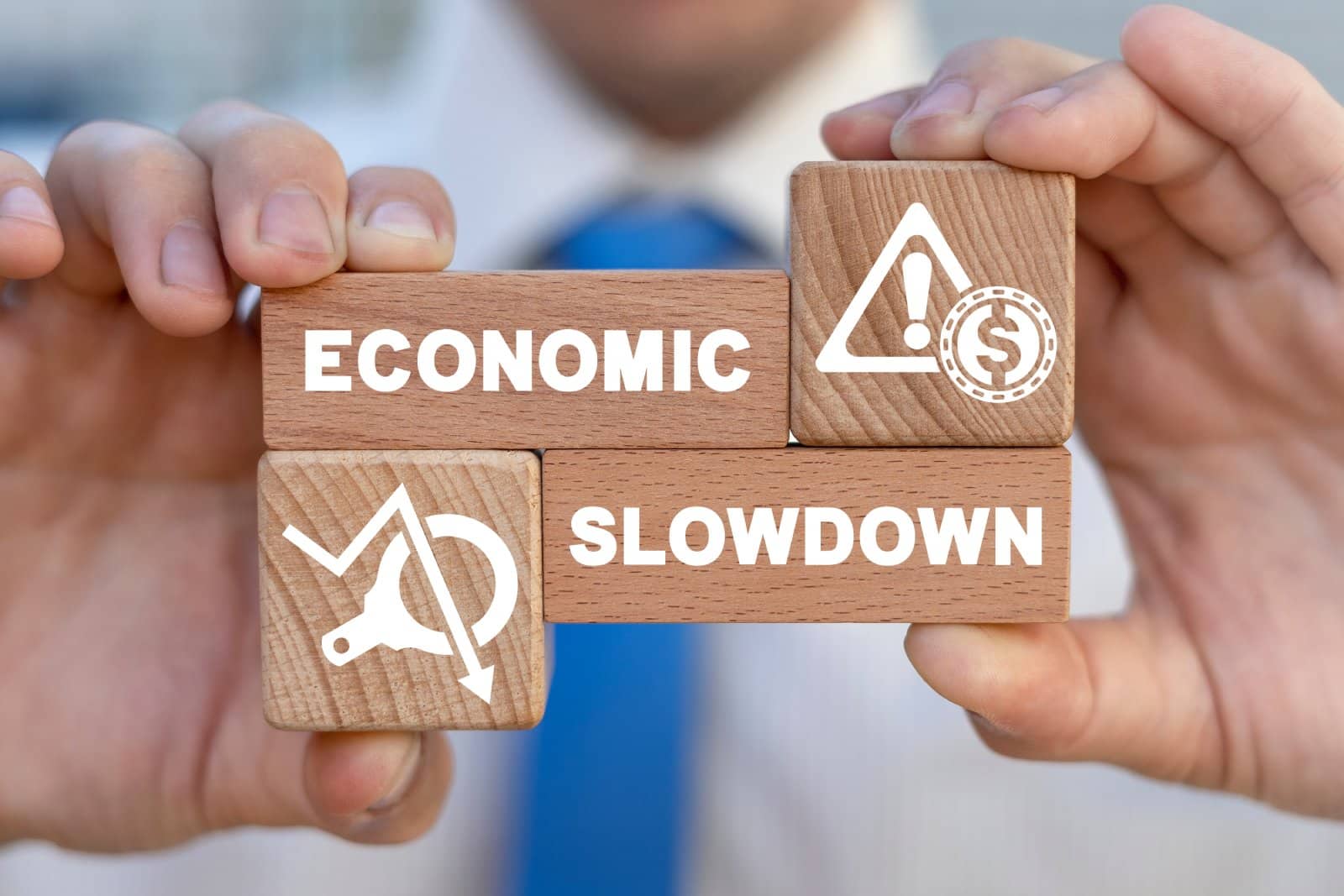
The economic landscape is improving slightly, recovery remains slow, and the electorate is understandably wary of the long-term impact on their living standards.
Conservatives Hope for Boost
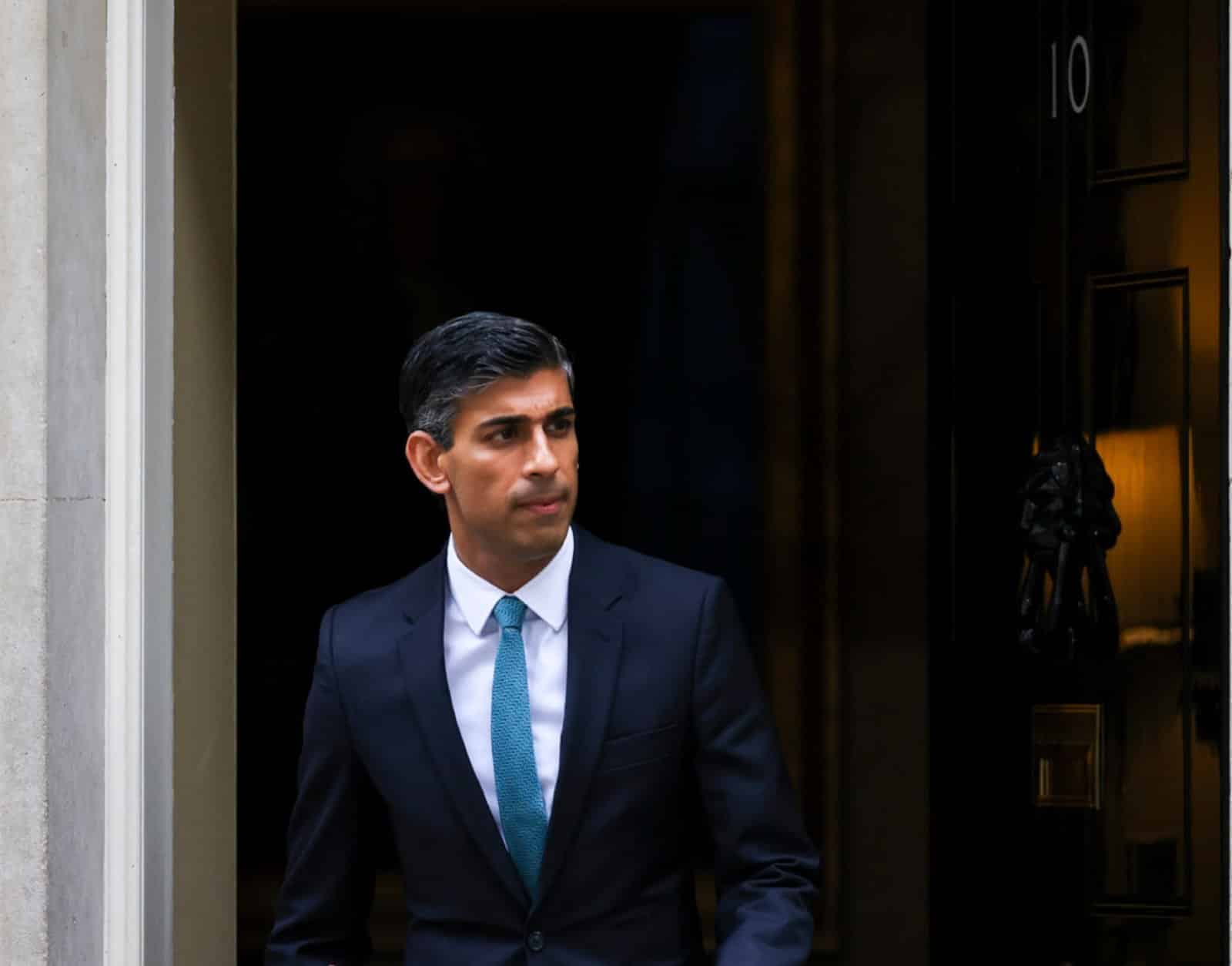
Prime Minister Rishi Sunak and the Conservative Party will be hoping that the fall in inflation could be the silver bullet they’ve been looking for in the final weeks before the election.
Labour’s Broader Focus
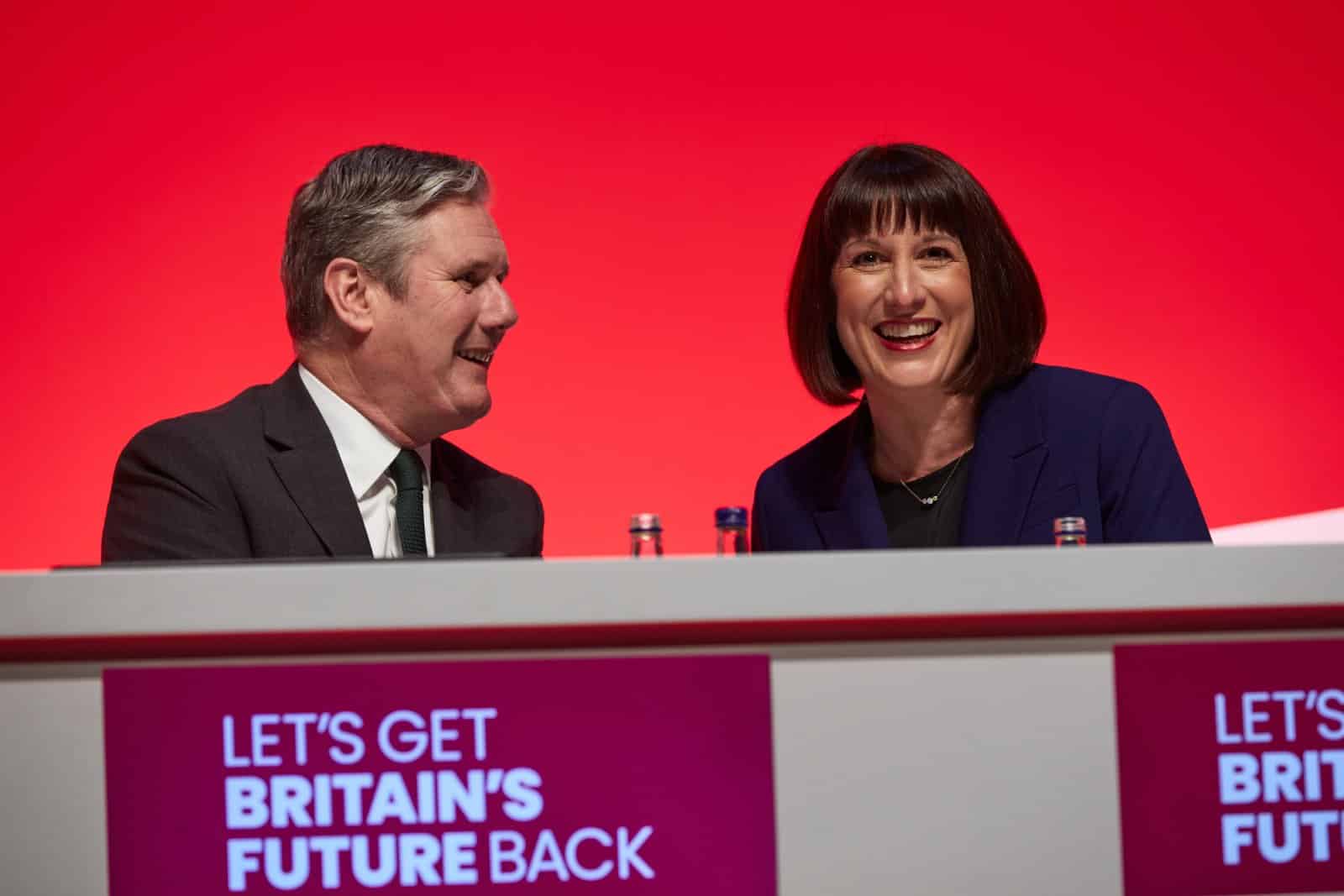
Labour, led by Sir Keir Starmer and Shadow Chancellor Rachel Reeves, remains focused on the broader picture, arguing that many families are still struggling with high living costs despite the fall in inflation.
Voter Dissatisfaction
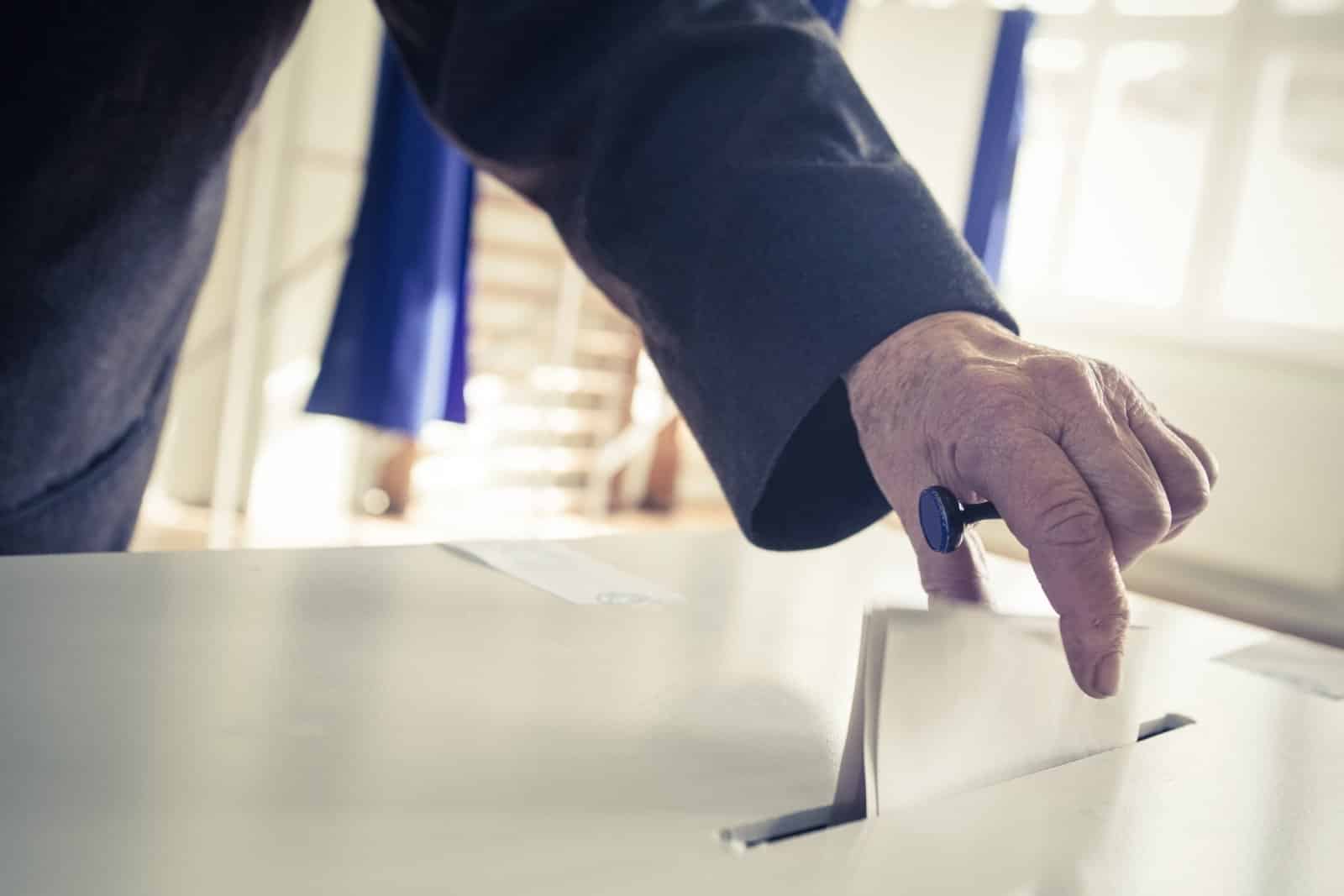
With many voters still struggling with the financial toll of the past few years, lingering voter dissatisfaction is still likely to influence the election outcome.
Economic Future Uncertain
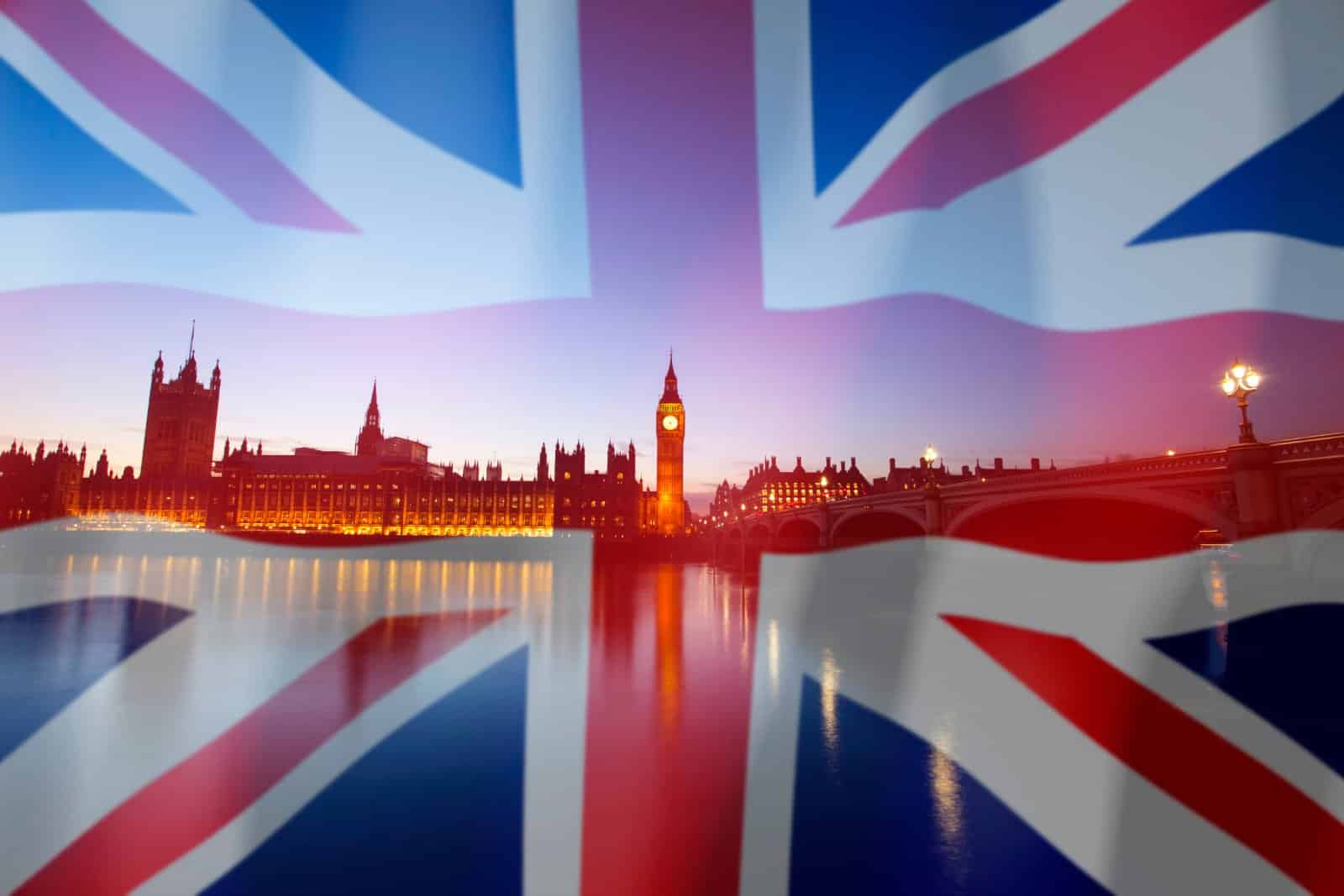
As the general election draws closer, the recent drop in inflation provides a glimmer of hope, but the broader economic and political future remains uncertain.
Electorate’s Financial Well-Being

Both major parties are keenly aware that the electorate’s perception of their financial well-being will be a decisive factor, with the public’s trust, or distrust, in each party’s ability to navigate future challenges proving pivotal.
Economic Milestone Reached
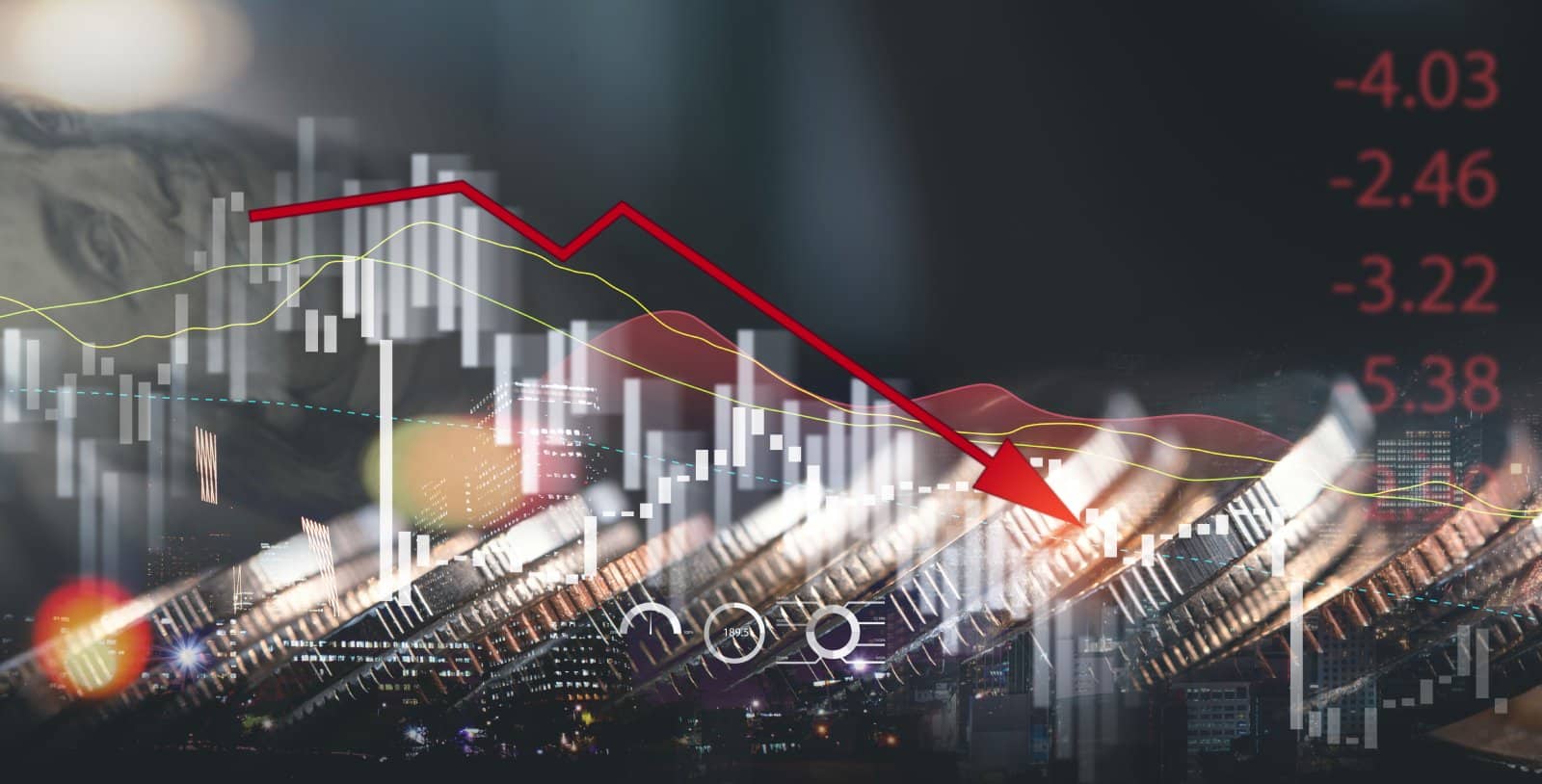
While the fall in inflation marks a significant economic milestone, it remains to be seen what its reduction might mean for both the election and the broader public in the weeks ahead.
The post Inflation Decline Alters Election Dynamics: What’s Next? first appeared on Now Buzz.
Featured Image Credit: Shutterstock / Melinda Nagy.

